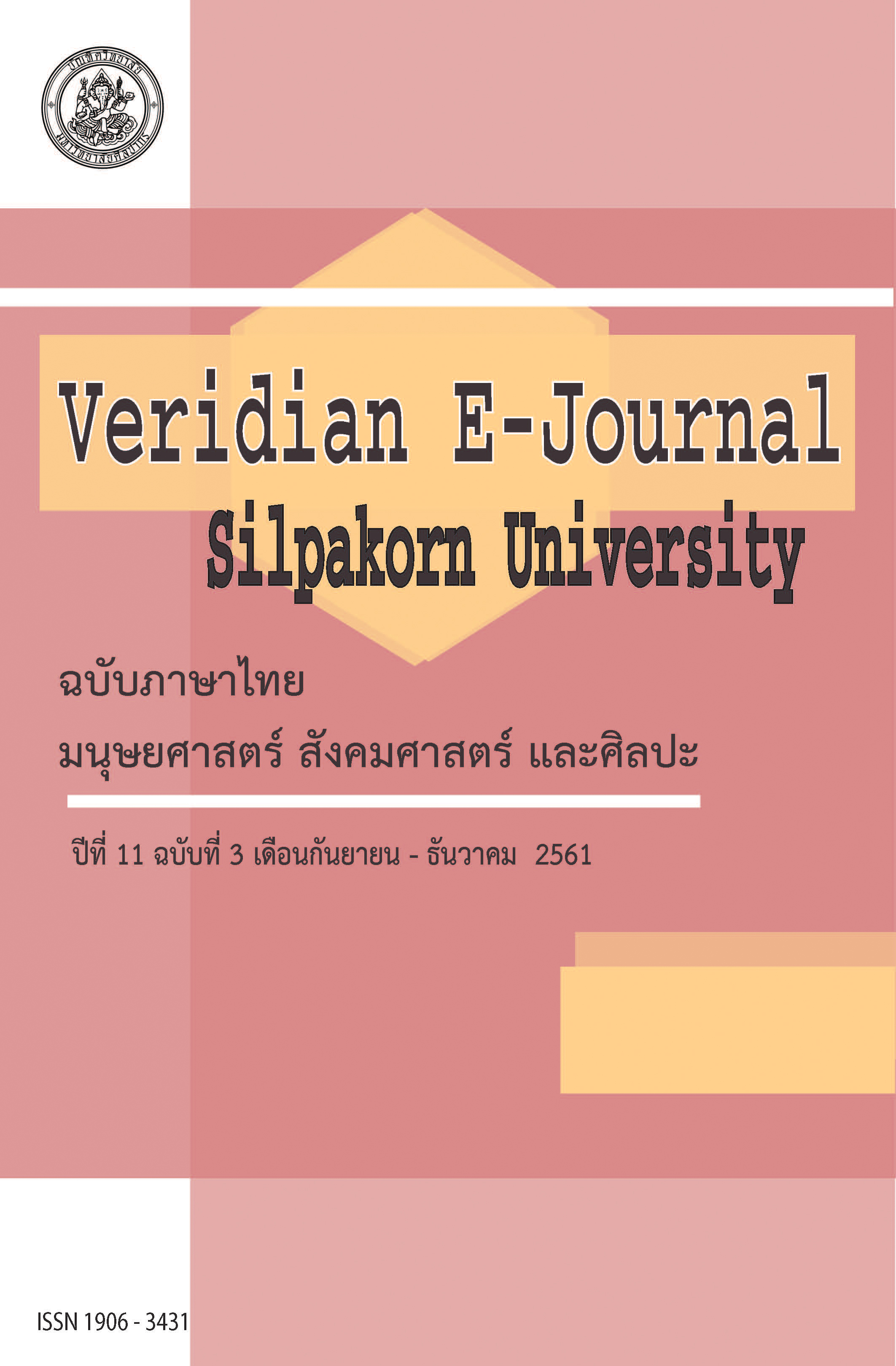การศึกษาปัจจัยที่มีผลต่อการเพิ่มประสิทธิภาพการผลิตปาล์มน้ำมัน (Factors Affecting the Enhancement of Palm Oil Production Efficiency)
Main Article Content
Abstract
ปาล์มน้ำมันเป็นพืชเศรษฐกิจที่สำคัญของประเทศไทย สามารถนำมาผลิตเป็นอาหารและพลังงาน โดยพื้นที่เพาะปลูกส่วนใหญ่คือภาคใต้เพราะสภาพพื้นที่และสภาพภูมิอากาศเอื้อต่อการเจริญเติบโต ด้านประสิทธิภาพการผลิตพิจารณาจากผลผลิตเฉลี่ยต่อไร่ต่ำกว่าประเทศมาเลเซียและประเทศอินโดนีเซีย ส่งผลให้ราคาที่เกษตรกรขายได้ต่ำกว่าประเทศคู่แข่ง ซึ่งทำให้ภาครัฐจำเป็นต้องจ่ายเงินอุดหนุนราคาเพื่อช่วยเหลือเกษตรกรผู้ผลิตปาล์มน้ำมัน งานวิจัยนี้นำเสนอแนวทางในการเพิ่มประสิทธิภาพการผลิตสำหรับประเทศไทยและความคุ้มค่าทางเศรษฐกิจระหว่างการลงทุนในปัจจัยการผลิตและการจ่ายเงินอุดหนุนราคา
ผลการศึกษาจากการวิเคราะห์สมการถดถอยพบว่าแนวทางในการเพิ่มประสิทธิภาพการผลิต คือ การเพิ่มปัจจัยด้านรายได้ การฝึกอบรม/การจัดการสวนปาล์ม และอัตราการให้น้ำมัน นอกจากนี้จากการทบทวนรายงาน เอกสารวิชาการ บทความวิชาการและข้อแนะนำจากผู้เชี่ยวชาญพบว่าปัจจัยด้านการลงทุนในอุตสาหกรรมโอเลโอเคมิคอล (Oleo-Chemicals) เป็นปัจจัยที่ทำให้อุตสาหกรรมปาล์มน้ำมันมีศักยภาพในการแข่งขัน และผลจากการวิเคราะห์ความคุ้มค่าทางเศรษฐกิจแสดงให้เห็นว่าการลงทุนในปัจจัยการผลิตเพื่อเพิ่มประสิทธิภาพการผลิตจะส่งผลดีในระยะยาวต่อเกษตรกร และภาระการคลังของรัฐบาลมากกว่าการจ่ายเงินอุดหนุนราคาผลผลิตปาล์มน้ำมัน
ข้อเสนอแนะสำหรับนโยบายการสนับสนุนภาคการผลิตที่ถูกต้องคือการลงทุนในปัจจัยการผลิต และข้อเสนอแนะสำหรับการศึกษาในอนาคตคือให้มีการวิเคราะห์ผลกระทบต่อการจัดสรรทรัพยากรเมื่อปาล์มน้ำมันเป็นพืชพลังงานเพื่อนำไปสู่ข้อเสนอแนะเชิงนโยบายที่มีความเหมาะสมของการผลิตพืชอาหารและพืชพลังงาน
Palm oil is an important economic crop in Thailand and has been used in food and energy production. Most palm oil cultivated area is in the South as the condition and climate is conducive to the growth. The production efficiency of palm oil was lower than that of Malaysia and Indonesia considering the production per rai. As a result, farmers’ sale price was lower than that of their competitors. The government needed to pay subsidy to help farmers. This research proposes ways to enhancement production efficiency in Thailand and the economic cost benefit analysis of investment between the production factors and the subsidies.
The results from regression analysis showed that significant improvements in production efficiency are the increase of the OER (Oil Extraction Rate), extension/farm management and income. Furthermore, the results from comprehensive literature review showed that the investment in the Oleo-Chemicals industry is the significant factor for competitive enhancement. The results from economics cost benefit analysis showed that the investment in production factors to enhance production efficiency will give more advantages on long-term positive impact to farmers and the government's fiscal burden than paying for palm oil price subsidy.
The proper recommendation for production section support policy is to invest in production factors and the recommendation for future studies is to analyze the impact on resource allocation as the palm oil is an energy crop leading to appropriate policy recommendations for the production of food crops and energy crops.
